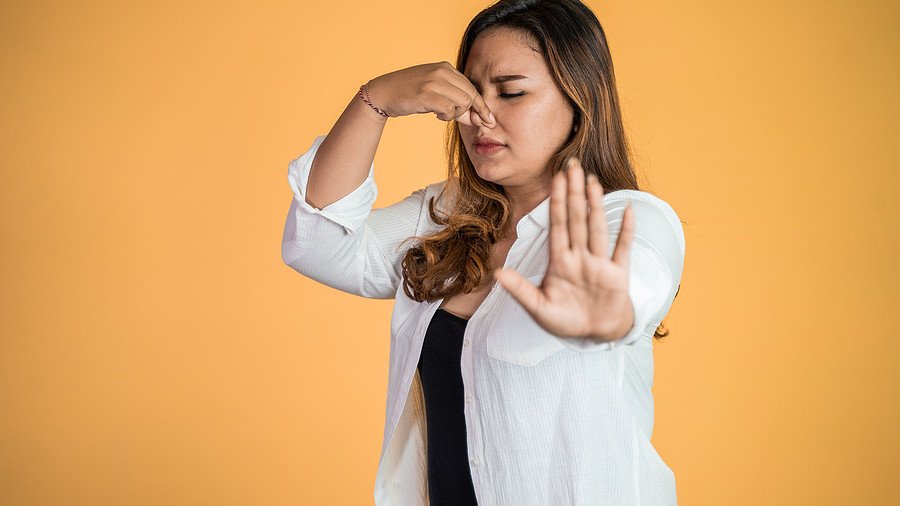Do you ever get that GUT feeling that something is just not right with your body? One of the first places your doctor should look is inside your gut.

What is the gut?
The mouth is the first part of the gut (gastrointestinal tract). When we eat, food passes down the esophagus, into the stomach, and then into the small intestine. The small intestine is where food is digested and absorbed into the bloodstream. The next stop is the large intestine and then into the ascending, transverse and descending colon. Then feces eventually makes it’s way into the rectum and out of the anus. Water is absorbed in the large intestine and undigested food is stored there as well.
What is going on inside the gut?

There is a little community of microorganisms living inside the gut called the gut microbiome. Trillions of bacteria live in the human gut, they account for ten times more cells than in the human body, and they play vital roles in our metabolism and health. The bacteria perform a variety of duties, including inhibiting growth of harmful microorganisms, breaking down and fermenting dietary fiber and helping to make vitamins B and K. The bacteria feed on dietary fiber, which results in a release of beneficial, short chain fatty acids that are anti-inflammatory and are a very important source of energy for our bodies. The gut microbiome also plays a very important role in the immune system, performing a barrier effect. The key to ensuring proper digestive function is a healthy and balanced gut microbiota.
What can go wrong inside the gut?
Parasites can live and feed off other organisms inside your gut. They are mostly tiny worms, that feed off of your nutrition, including tape worms, hook worms, round worms, pin worms, whip worms and more. Parasites can cause a wide variety of problems including extreme weight loss, anemia (feeding on your red blood cells), itching, irritability and even insomnia. There are a number of ways to get a parasite; contaminated water, unclean or contaminated fruits and veggies, undercooked meat, and sometimes even through the bottom of your feet.
Some other signs you may have a parasite include:
- Unexplained diarrhea, gas/bloating, or constipation
- Having trouble falling or staying asleep
- Skin irritations such as hives, rosacea, eczema, rash
- Pain or aching in your muscles or joints
- Unexplained fatigue or depression
- Diagnosis of iron-deficiency anemia
Yeast overgrowth (candida)
Candida is a fungus (yeast) that should only be found in small amounts in the gut. When it is overproduced it can breakdown the wall of your gut and get into the bloodstream causing many health problems. A diet high in carbs and sugar, too much alcohol, birth control pills, and stress are just a few ways to get candida.
Signs and symptoms of candida include:
- Chronic fatigue and/or fibromyalgia
- Bloating, diarrhea and constipation
- Brain fog, lack of focus or poor memory
- Mood swings, anxiety, depression
- Autoimmune disease like Hoshimoto’s Thyroiditis, Lupus, Multiple Sclerosis, and Rheumatoid Arthritis to name a few
- Seasonal allergies or itchy ears
- Strong craving for sugar or carbohydrates
What can I do to make sure my gut is healthy?
Parasites and Candida are only two of the many things that can be causing poor gut health. A doctor that is trained in Functional Medicine can do testing to find out what is going on inside your gut.
To keep a healthy balance of bacteria in the gut it is important to eat fiber-rich plant foods and plenty of good fats. Avoiding bad fats, refined sugar, processed/junk foods, and excess alcohol are key. Good forms of dietary fiber include: All veggies but especially broccoli, brussels sprouts, artichokes, peas, fruits and beans.
In addition to a diet strong in fiber, you can help support a healthy gut environment by using supplemental probiotics. These microorganisms may help with digestion and offer protection from harmful bacteria, just as the existing “good” bacteria in your body already do.
If you are suffering with any health related issues, I am currently accepting new patients. To start the testing process and discover what is driving your health issues and to get on the road to recovery call our office at +1 (866) 498-1958 to schedule your initial consultation. If it is after our normal hours of operation you can click here to leave us a message. Please only leave a message if you would like a call back to schedule a consultation.
[sc name=”Below all post”]
You Might Also Like
5 Powerful Natural Strategies to Revitalize Your Thyroid Health
Ever feel completely drained, no matter how much sleep you get? Or maybe you’ve been gaining weight for no reason and…
Chemical Intolerance, Mast Cells, and Histamine: What’s the Connection?
Are you experiencing eczema, congestion, sinus issues, coughing, frequent headaches and migraines, fatigue, brain fog,…
Ready to Improve Your Health?
Get Started on Your Journey to Wellness




